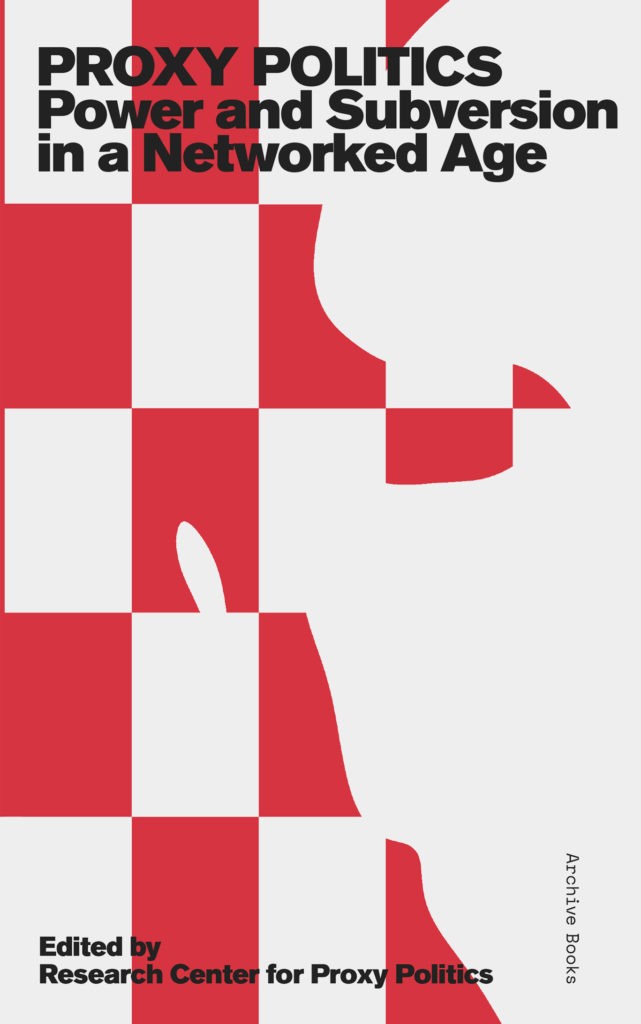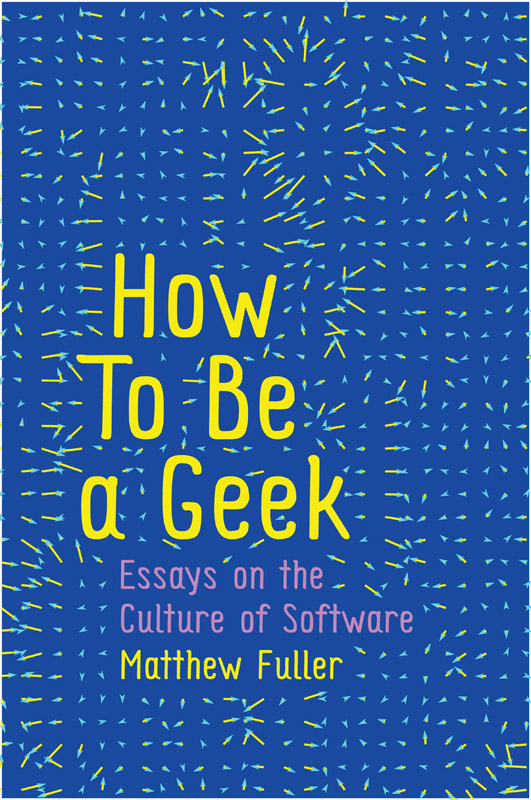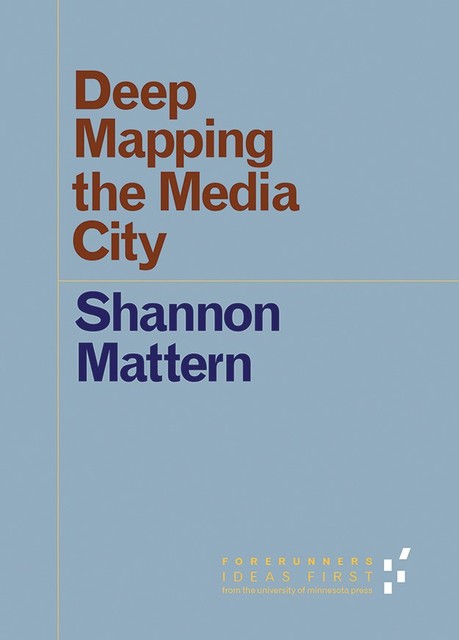Proxy Politics: Power and Subversion in a Networked Age (2017)
Filed under book | Tags: · art, image, internet, media, networks, politics

“The proxy, a decoy or surrogate, is today often used to designate a computer server acting as an intermediary for requests from clients. Originating in the Latin procurator, an agent representing others in a court of law, proxies are now emblematic of a post-democratic political age, one increasingly populated by bot militias, puppet states, and communication relays. Thus, the proxy works as a dialectical figure that is woven into the fabric of networks, where action and stance seem to be masked, calculated and remote-controlled.
This publication looks at proxy-politics on both a micro and a macro level, exploring proxies as objects, as well as networks as objects. What is the relation between the molecular and the planetary? How to fathom the computational regime? Yet, whilst being a manifestation of the networked age, thinking like a proxy offers loopholes and strategies for survival within it.
The Research Center for Proxy Politics (RCPP) explores and reflects upon the nature of medial networks and their actors. Between September 2014 and August 2017, the center hosted workshops, lectures and events at the Universität der Künste, Berlin, under the auspices of Hito Steyerl’s Lens-based class.”
Contributors: Tom McCarthy, Kodwo Eshun, Goldin+Senneby, Brian Holmes, Nick Houde, Jonathan Jung, Laura Katzauer, Boaz Levin, Mikk Madisson, Doreen Mende, Sondra Perry, Oleksiy Radynski, Robert Rapoport, Hito Steyerl, thricedotted, Vera Tollmann, Miloš Trakilović.
Edited by Research Center for Proxy Politics (Vera Tollmann and Boaz Levin)
Publisher Archive Books, Berlin, October 2017
ISBN 3943620719, 9783943620719
256 pages
via catsoup
Editor
Publisher (archived)
WorldCat
PDF (11 MB)
Comment (0)Matthew Fuller: How To Be a Geek: Essays on the Culture of Software (2017)
Filed under book | Tags: · aesthetics, algorithm, computation, computing, database, information, language, media, media theory, networks, programming, software, software studies, theory

“Computer software and its structures, devices and processes are woven into our everyday life. Their significance is not just technical: the algorithms, programming languages, abstractions and metadata that millions of people rely on every day have far-reaching implications for the way we understand the underlying dynamics of contemporary societies.
In this innovative new book, software studies theorist Matthew Fuller examines how the introduction and expansion of computational systems into areas ranging from urban planning and state surveillance to games and voting systems are transforming our understanding of politics, culture and aesthetics in the twenty-first century. Combining historical insight and a deep understanding of the technology powering modern software systems with a powerful critical perspective, this book opens up new ways of understanding the fundamental infrastructures of contemporary life, economies, entertainment and warfare.
In so doing Fuller shows that everyone must learn ‘how to be a geek’, as the seemingly opaque processes and structures of modern computer and software technology have a significance that no-one can afford to ignore. This powerful and engaging book will be of interest to everyone interested in a critical understanding of the political and cultural ramifications of digital media and computing in the modern world.”
Publisher Polity, 2017
ISBN 9781509517152, 1509517154
x+233 pages
Shannon Mattern: Deep Mapping the Media City (2015)
Filed under book | Tags: · city, infrastructure, mapping, media, media archeology, networks, urbanism

“Going beyond current scholarship on the “media city” and the “smart city,” Shannon Mattern argues that our global cities have been mediated and intelligent for millennia. Deep Mapping the Media City advocates for urban media archaeology, a multisensory approach to investigating the material history of networked cities. Mattern explores the material assemblages and infrastructures that have shaped the media city by taking archaeology literally—using techniques like excavation and mapping to discover the modern city’s roots in time.”
Publisher University of Minnesota Press, Minneapolis, 2015
Forerunners: Ideas First series, 5
Creative Commons BY-NC-ND 4.0 International License
ISBN 0816698511, 9780816698516
xvi+51 pages
Review: Nicholas Korody (Archinect, 2015).
PDF, PDF
HTML (Manifold edition, 2017, updated on 2019-7-8)

